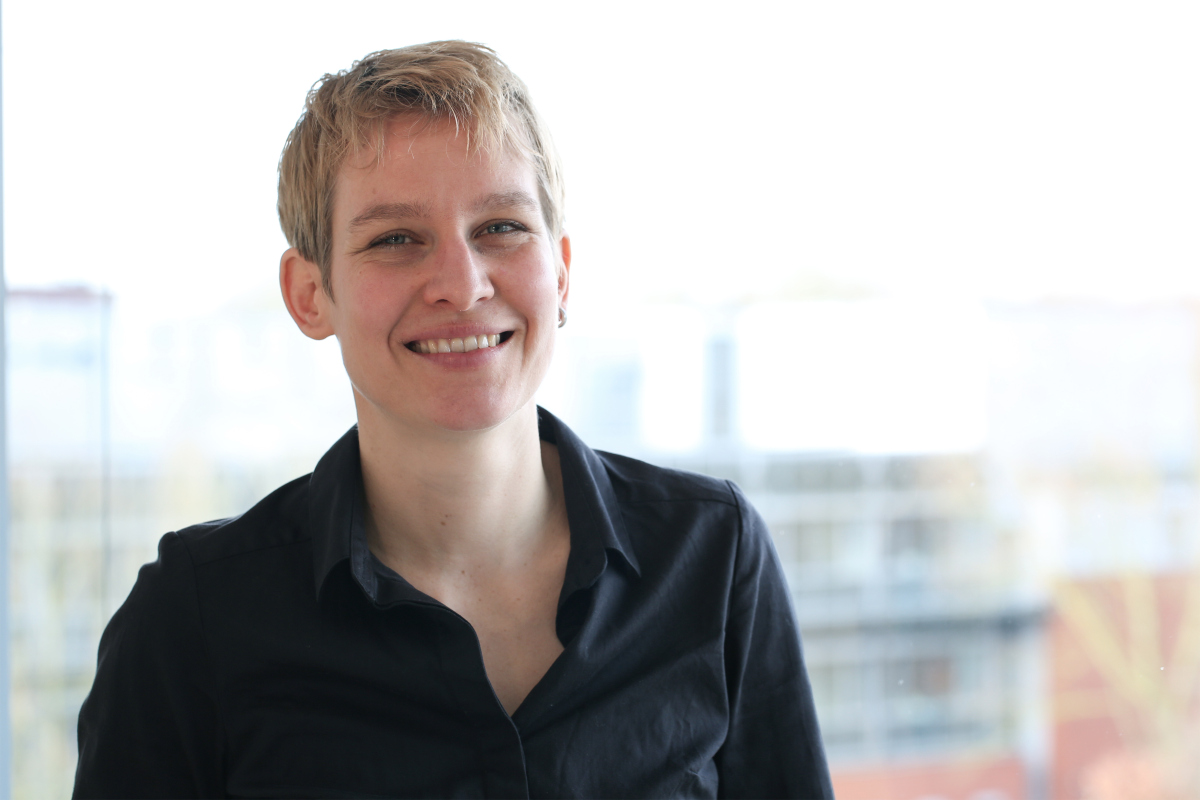- Press Office
- Press releases 2019
- Towards an unrestricted use of public genomic data
Towards an unrestricted use of public genomic data
Investigations of the microbial inhabitants of our environment have undergone a massive transformation in recent decades. Modern methods of genome analysis – i.e. the analysis of the genetic material of microbes or microbial communities – enable ever more comprehensive and detailed investigations. As a result, huge amounts of data become available. Once they have been evaluated, they can reveal exciting details about, for example, the function of microorganisms and their interactions with each other and with higher organisms.
Collecting genomic data is complex. Moreover, the subsequent evaluation of this data treasure is very demanding. Thus it happens that different research groups carry out the collection and evaluation of genome data. Therefore, there is an urgent need for clear rules on the rights to self-collected data and on how these data can be used by other researchers.
In the current publication in Science, a large group of scientists from all over the world advocates that publication interests should not limit access to public genome data. Publicly accessible data should actually be treated as open data. The more research and publications result from existing data, the better, the scientists argue. Currently, genome data are quickly accessible as huge data sets are often available online immediately after sequencing. However, their exploitation remains limited: The researchers who generated the data hold the right to primary publication of resulting findings. Other research groups have to stand in line. As a result, years might pass between the release of genome data and the publication of the first data analyses.
In the current publication, the authors criticize a lack of clear guiding rules for data usage. This not only harms scientific progress, often it also conflicts with the terms and conditions of funding bodies. Clear rules are required to resolve the conflict between free use and privileged first publication. Above all, Amann and his colleagues demand one thing: Mechanisms to document and appreciate when genomic data are made public. Those who make their data available to other researchers without any restrictions or conditions must receive appropriate recognition.
"The abolition of the first publication privilege may seem unfair in individual cases," explains Amann. "However, it is essential for the further development of the life sciences that freely available sequence data can be used immediately by all scientists for their analyses and publications.”
Fanni Aspetsberger
Original publication
Contact
Managing Director
Department of Molecular Ecology
MPI for Marine Microbiology
Celsiusstr. 1
D-28359 Bremen
Germany
|
Room: |
2221 |
|
Phone: |

Head of Press & Communications
MPI for Marine Microbiology
Celsiusstr. 1
D-28359 Bremen
Germany
|
Room: |
1345 |
|
Phone: |
